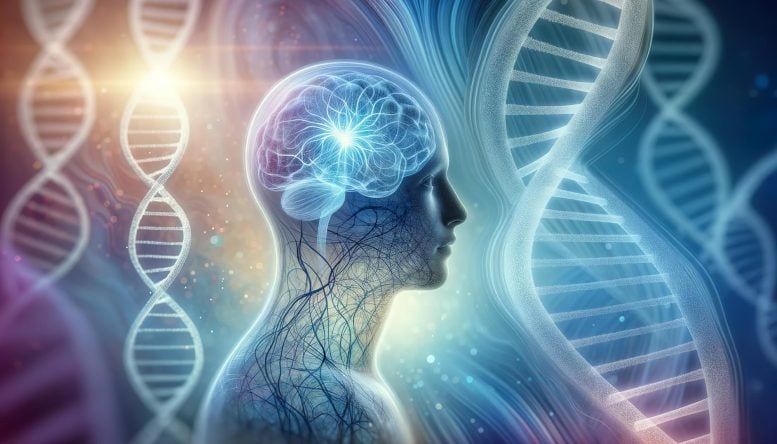

CSF1R-Related Disorder is a rare genetic condition causing cognitive decline. Mayo Clinic researchers recently identified eight new mutations, paving the way for personalized treatments and improved diagnosis. Further research is needed to enhance genetic counseling and develop interventions for both symptomatic and asymptomatic carriers.
CSF1R-Related Disorder (CSF1R-RD), a rare cause of hereditary cognitive decline, is named after mutations in the CSF1R gene, first identified by the Mayo Clinic. Early symptoms often include personality changes, anxiety, depression, and loss of inhibition, with memory loss developing as the condition progresses. While genetic testing has become more accessible, there is currently no cure for the disorder.
In a new study published in Neurology: Genetics, Mayo Clinic researchers identified eight novel genetic mutations in patients with CSF1R-Related Disorder worldwide.
This highlights the prevalence of the disease and paves the way for future individualized treatment. The discovery also suggests that genetic and environmental factors may influence the disease. For example, steroids used to treat inflammation and immune responses can reduce neuroinflammation and prevent symptom occurrence in asymptomatic carriers of CSF1R gene mutations, according to the research team.
Research Findings and Global Impact
Researchers analyzed a range of data — demographics, genotype, family history, clinical status — collected from 14 families from the Americas, Asia, Australia and Europe. They found 15 CSF1R mutations, including eight not reported previously. There are nearly 200 known mutations associated with this disease.
“This study contributes to the overall understanding of the inheritance and global prevalence of rare neurodegenerative conditions in people with and without familial history of the disease,” says senior study author Zbigniew Wszolek, M.D., a neurologist and clinical neurophysiologist at Mayo Clinic. “The discovery will allow scientists to target disease-modifying treatments specific to these mutations of the CSF1R gene.”
Challenges in Diagnosis and Future Research
Genetic variations can complicate the diagnosis of CSF1R-RD because symptoms can mimic other conditions, Dr. Wszolek says. An accurate diagnosis and medical management of the disease require updated diagnostic criteria and treatment options, he adds.
The research team says more studies are needed to look at asymptomatic and symptomatic carriers of the CSF1R gene mutations to better understand the disease. They note that knowledge gleaned from that research will enhance genetic counseling, guide the development of treatment interventions and improve risk prediction for disease onset.
Dr. Wszolek and his research team discovered the CSF1R gene in 2011. One of the team’s previous studies on CSF1R-Related Disorder, also known as CSF1R-related leukoencephalopathy, examined a disease-modifying treatment.
Reference: “Global Presence and Penetrance of CSF1R-Related Disorder” by Jaroslaw Dulski, Matthew Baker, Samantha A. Banks, Michael Bayat, Rose Bruffaerts, Gabriela Ortiz Cruz, Caio C. Disserol, Kristen S. Fisher, Jainy N. Jose, Bernadette Kalman, Orhun H. Kantarci, Dmytro Maltsev, Catherine Middleton, Gabriela Novotni, Dijana Plaseska-Karanfilska, Salmo Raskin, Josiane Souza, Helio A. Teive and Zbigniew K. Wszolek, 13 September 2024, Neurology: Genetics.
DOI: 10.1212/NXG.0000000000200187